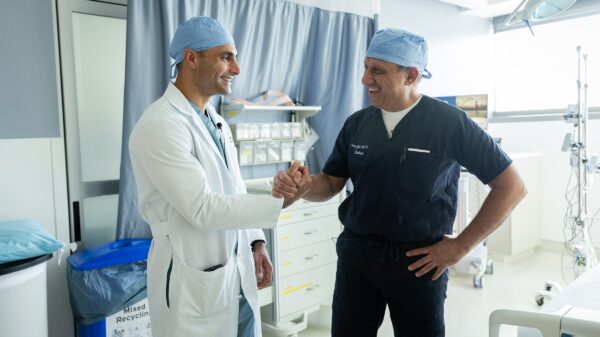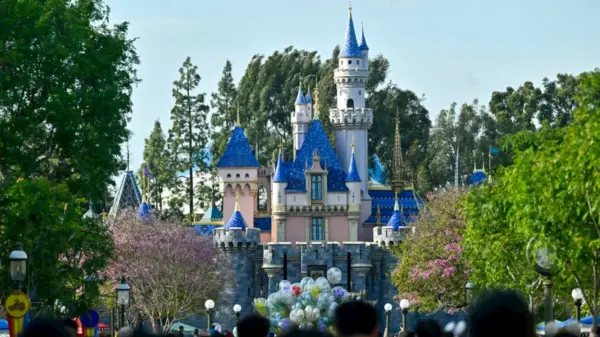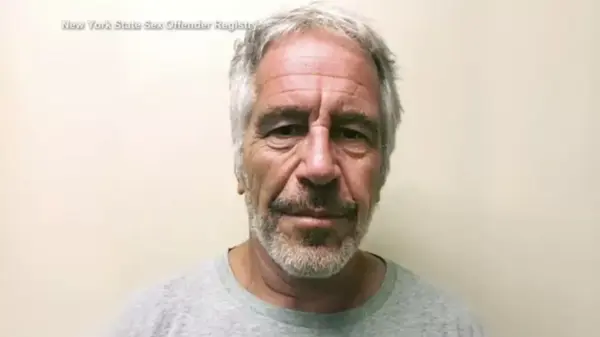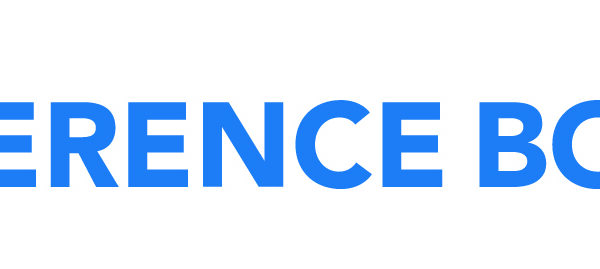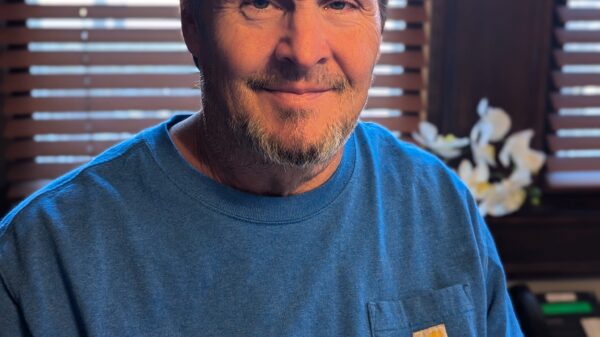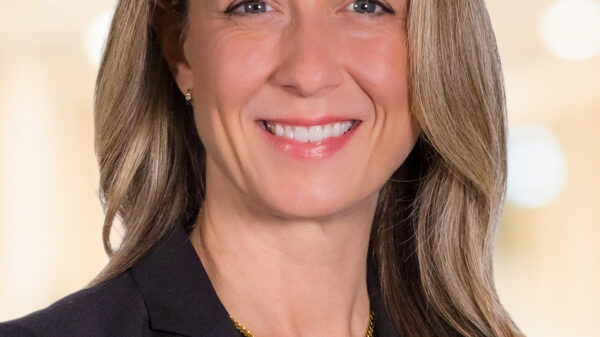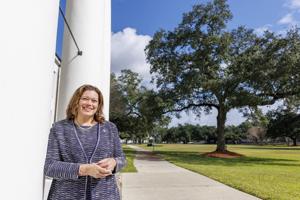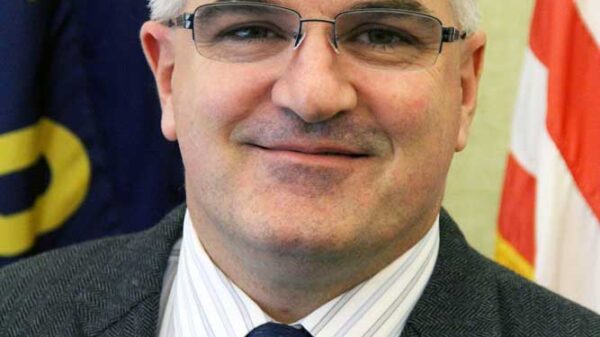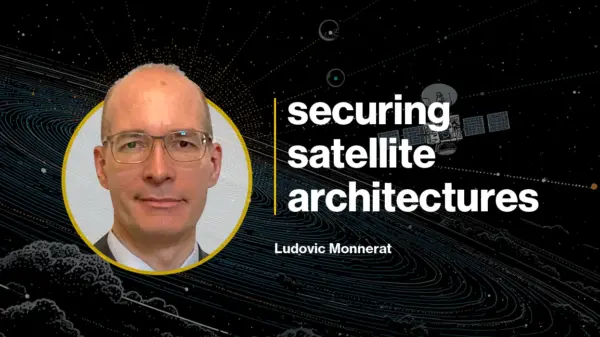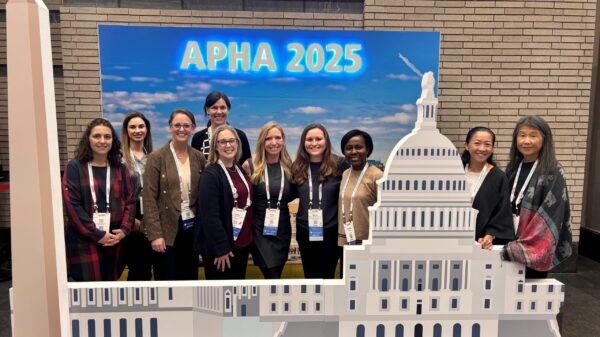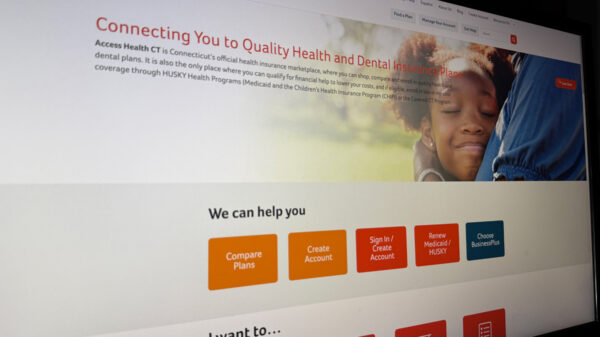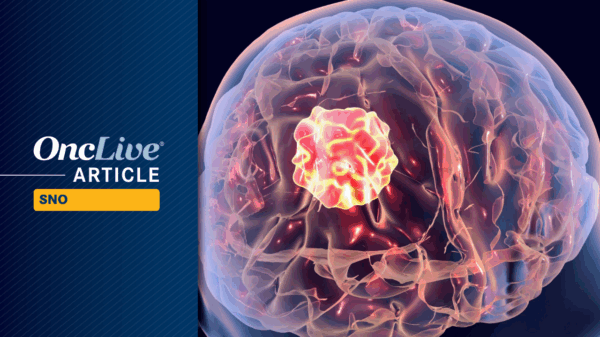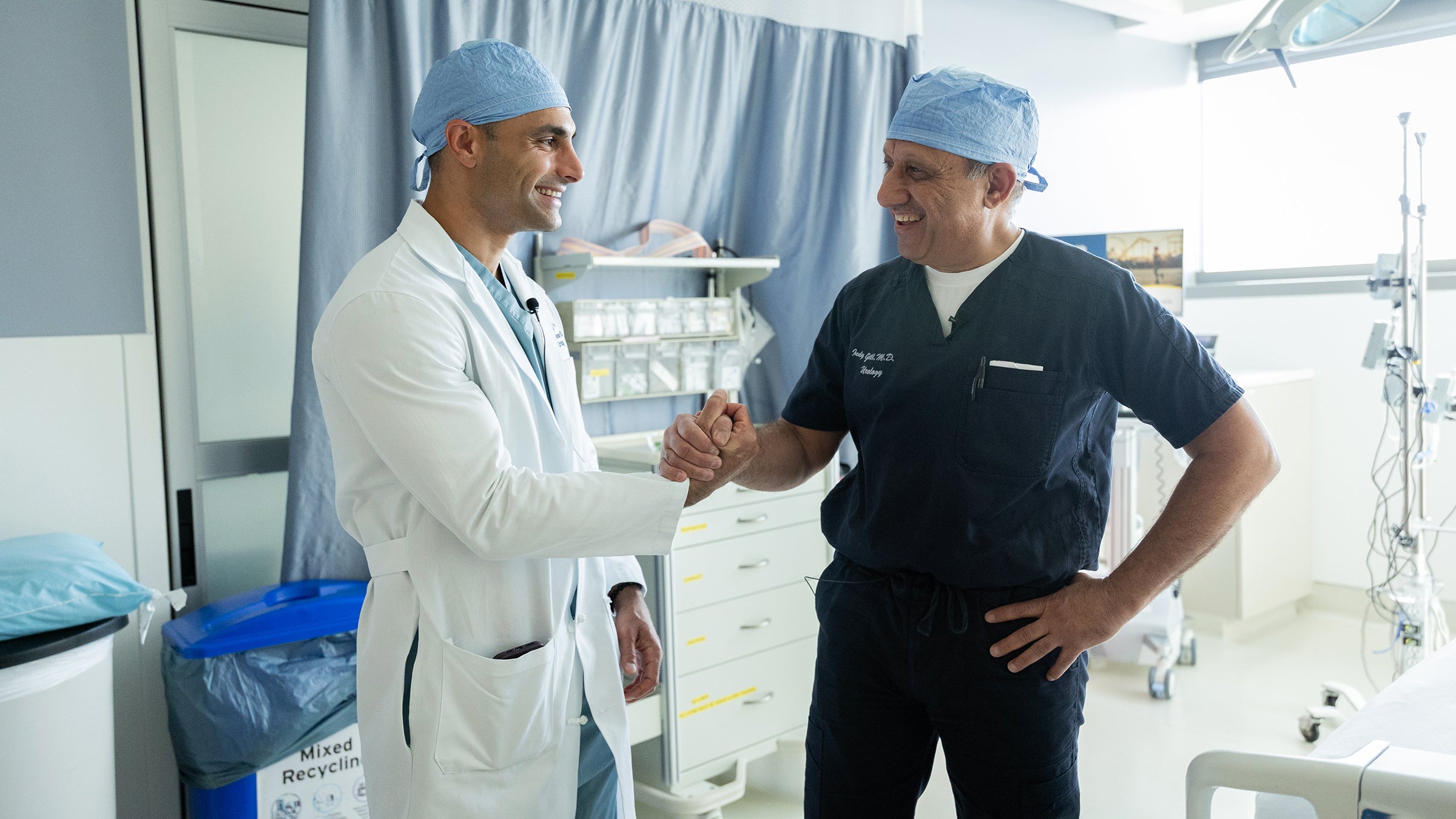UPDATE: In an unprecedented display of collaboration, officials from USC and UCLA highlight ten groundbreaking partnerships that showcase how these fierce football rivals are joining forces for the greater good. This urgent collaboration comes as both institutions aim to tackle critical societal challenges, from healthcare innovations to urban resilience, impacting lives across Los Angeles and beyond.
The announcement, made just yesterday, outlines significant joint efforts in areas such as medicine, technology, and community recovery. “Trojans and Bruins may be foes on the football field, but in operating rooms and academic centers, we share knowledge,” said Ishwar K. Puri, USC’s Senior Vice President of Research and Innovation. This spirit of cooperation is essential as Los Angeles faces pressing issues, including health crises and climate change.
Among the standout initiatives is the world’s first bladder transplant, successfully performed by surgeons Inderbir Gill from USC and Nima Nassiri from UCLA. This pioneering surgery, conducted in May at the Ronald Reagan UCLA Medical Center, promises to revolutionize treatment for patients with severe bladder conditions. “The patient is doing very well, and we plan to perform the next bladder transplant soon,” Gill confirmed.
Another critical project, known as PRECOG, aims to combat the silent epidemic of depression. Led by Shri Narayanan from USC, this initiative uses cognitive science tools to identify individuals at risk of suicide, driven by the urgent need to support service members and the broader public.
Rebuilding efforts are also a priority following the devastating wildfires that struck Los Angeles. The USC Lusk Center for Real Estate has partnered with the UCLA Ziman Center to develop a comprehensive recovery plan. Their report, Project Recovery, outlines strategies to help affected areas rebuild more resiliently, addressing labor and supply chain issues.
Additionally, researchers are working to enhance the health of aging populations through the USC/UCLA Center on Biodemography and Population Health. Their innovative studies, including one revealing the effects of extreme heat on biological aging, demonstrate the ongoing commitment to improve quality of life for older adults.
As climate change intensifies heat waves, the ShadeLA initiative seeks to expand urban tree canopies in Los Angeles. This collaborative effort between USC Dornsife and UCLA Luskin aims to create cooler, more livable neighborhoods, crucial as the city prepares for major events like the 2028 Olympic Games.
The partnership extends into the realm of technology with the Immersive Technologies and Cultural Heritage Symposium, fostering discussions on using AR and VR for cultural engagement. This year’s event focused explicitly on collaborative projects from USC and UCLA, highlighting their commitment to integrating advanced technologies in research.
In the fight against chronic pain, researchers from USC and UCLA have developed a groundbreaking wireless implant designed to provide personalized relief without the need for invasive surgeries. This innovation could change the landscape of chronic pain management.
Moreover, Los Angeles faces a homelessness crisis, with approximately 47,000 unsheltered individuals. The ongoing PATHS study, a collaboration between the USC Suzanne Dworak-Peck School of Social Work and the UCLA Fielding School of Public Health, utilizes mobile surveys to track health and housing needs, recently receiving $3.4 million in funding to expand its efforts.
As the two institutions engage in friendly competition through their annual E-Conquest video game tournament, this event symbolizes their commitment to collaboration and innovation in all fields. “It’s Trojan pride on the line in electronic format,” said Jim Huntley from USC.
This transformative partnership between USC and UCLA exemplifies how rivals can unite to make a lasting impact on society. As they continue these vital collaborations, the communities of Los Angeles and beyond stand to benefit immensely.
Stay tuned for more updates on these urgent initiatives as they develop.




